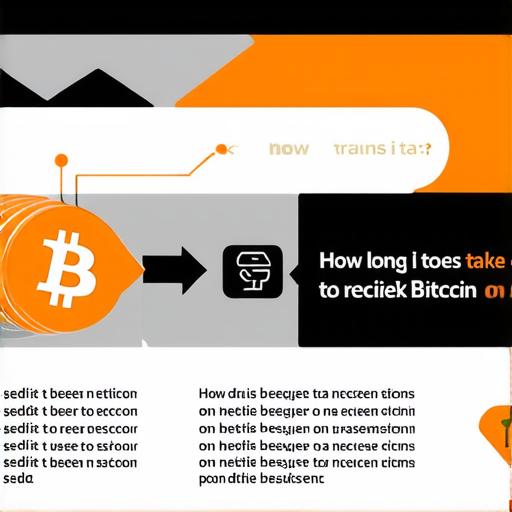Bitcoin is a decentralized digital currency that operates on blockchain technology. It allows individuals and businesses to send and receive payments without the need for intermediaries such as banks or payment processors.
How does Bitcoin work?
To understand how long it takes to receive Bitcoin on blockchain, we first need to understand how the technology works. Bitcoin operates on a decentralized network of computers that validate transactions and maintain the integrity of the ledger. When a user wants to send Bitcoin to another user, they initiate a transaction by sending a digital message to the recipient’s public address. This message contains details of the transaction such as the amount being sent and any fees associated with the transaction.
The transaction is then broadcast to the network of computers, which verify the transaction details and add them to the blockchain. Once the transaction has been verified, it becomes part of the permanent record on the blockchain and cannot be altered or deleted. The recipient can then use their private key to access the Bitcoin and spend it or store it in a digital wallet.
How long does it take for a Bitcoin transaction to be confirmed?
The time it takes for a Bitcoin transaction to be confirmed varies depending on a number of factors such as network congestion, the number of confirmations required, and the amount being sent. Typically, transactions are confirmed within a few minutes, but this can vary depending on the load on the network. In some cases, transactions may take longer to be confirmed if there is high congestion on the network.
How many confirmations are required for a Bitcoin transaction?
The number of confirmations required for a Bitcoin transaction varies depending on the level of risk associated with the transaction. A single confirmation is generally considered sufficient for most transactions, but some users may require multiple confirmations for larger transactions or to reduce the risk of fraud.
How do I speed up my Bitcoin transaction?
There are several ways to speed up your Bitcoin transaction:
- Increase the transaction fee: A higher transaction fee can help your transaction be processed faster by miners on the network. However, it is important to note that not all wallets or exchanges allow users to increase the transaction fee.
- Use a faster transaction method: Some Bitcoin wallets and exchanges offer faster transaction methods such as instant send or express transactions. These methods can help speed up the confirmation process but may come with higher fees.
- Choose a less congested network: If you are sending or receiving Bitcoin on a network that is experiencing high congestion, this can slow down the confirmation process. Consider using a less congested network or waiting for the congestion to clear up before initiating your transaction.
- Use a trusted payment processor: Payment processors such as Coinbase and BitPay offer faster transaction times than individual Bitcoin wallets or exchanges. These payment processors have optimized their systems to speed up the confirmation process.
Real-life examples of successful Bitcoin transactions
To illustrate how long it takes for a Bitcoin transaction to be confirmed, let’s look at some real-life examples:
- A user initiates a Bitcoin transaction of $100 with a transaction fee of 1%. The transaction is broadcast to the network and quickly confirmed within a few minutes.
- Another user initiates a Bitcoin transaction of $500 with a transaction fee of 2%. Due to high congestion on the network, the transaction takes 30 minutes to be confirmed.
- A third user initiates a Bitcoin transaction of $10,000 with a transaction fee of 5%. The transaction is processed quickly and confirmed within 5 minutes.

